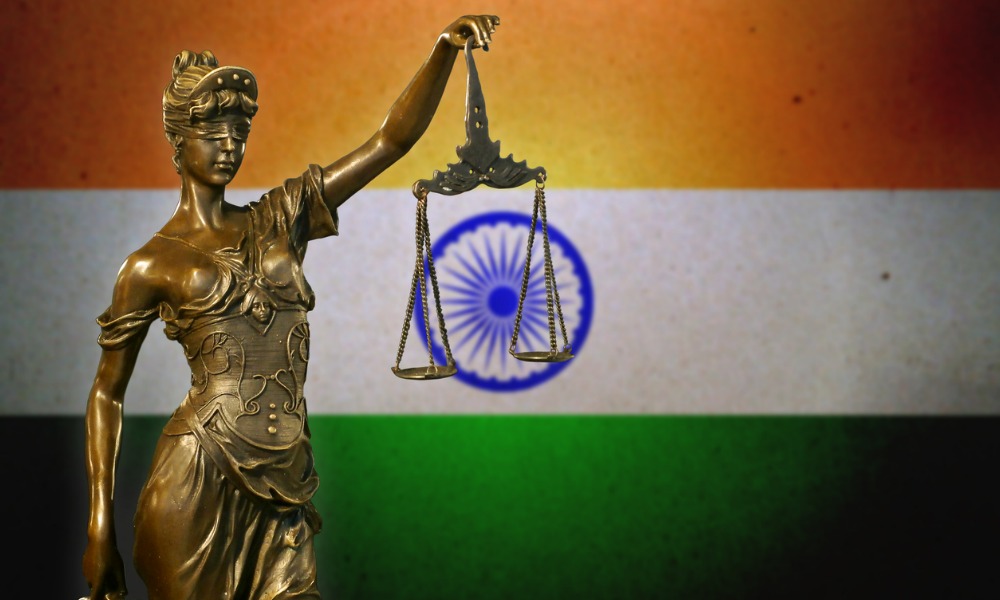
New legislation may potentially be in breach of human rights and constitution, says Indian lawyer

The recent enactment of three new criminal laws in India has led to confusion and criticism within the legal community, with some lawyers lamenting the resulting ambiguity and the missed opportunities for reform.
Introduced in July, these new laws – Bharatiya Nyaya Sanhita, Bharatiya Nagarik Suraksha Sanhita, and Bharatiya Sakshya Adhiniyam – replace the old Indian Penal Code, Indian Evidence Act, and Code of Criminal Procedure.
“About 77 years after independence, our criminal justice system is becoming completely indigenous and will run on Indian ethos,” said Amit Shah, India's home minister. “Instead of punishment, there will now be justice.”
These laws seek to modernize India’s criminal justice system, explained a news release of the International Bar Association (IBA). Changes include the requirement for crime scenes to be video-recorded and the creation of an online police complaints service.
Other changes centre on protecting women and children through faster investigations for crimes against these groups and free medical care for those in need. The changes also clarify the definition of consent in sexual assault cases and criminalize marriage proposals with the intent of engaging in sexual intercourse.
The IBA's news release noted that some members within the Indian legal community have criticized these legislative changes. Critics have called the new laws superficial and lamented their speedy implementation, lack of due process, and bypassing of certain law-making processes.
“These laws in many aspects have the potential to curtail civil liberties and violate human rights and the constitutional provisions,” said Tahera Mandviwala, co-chair of the IBA India working group and a partner at TDT Legal in Mumbai, in the news release.
Significant changes in the new laws include the expansion of the sedition law to cover acts considered to be “endangering the sovereignty, unity, and integrity of India” and the extension of sentencing periods. These provisions have sparked concern among those who believe that they could be used to suppress dissent and to target minority groups, said the news release.
“It’s important that the world understands what’s happening in India because we are the most populous democracy in the world and the world has a great stake in ensuring democracy,” said Dushyant Dave, past vice-chair of the IBA arbitration committee and former president of the Supreme Court Bar Association of India, in the news release.
Dave urged the international legal community to investigate the legislative changes and the effects that they might have. He noted the potential for confusion on whether to try pending cases under the old laws or the new laws, which have ambiguous names.
The new criminal procedure law allows police to detain individuals for up to 15 days at any point during the 40 to 60-day remand period rather than just in the first two weeks after an arrest. This change could lead to an increase in the use of torture and ill-treatment, said Aakar Patel, chair of Amnesty International India, according to the news release.
Patel called for the new legislation to be repealed and aligned with international human rights standards.